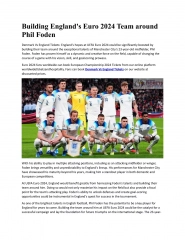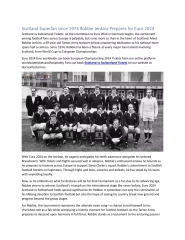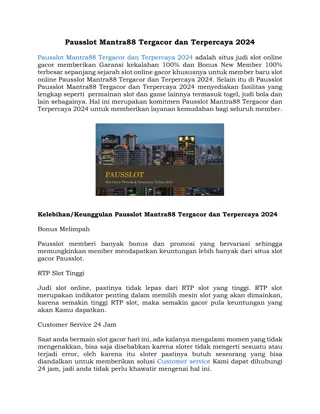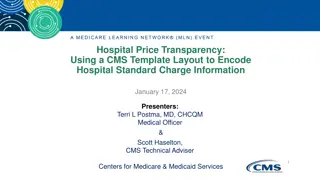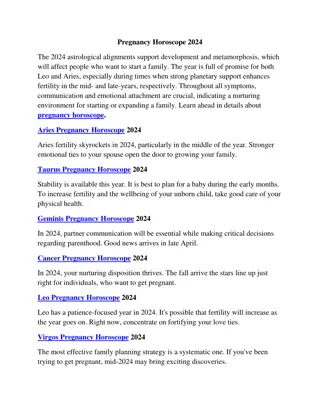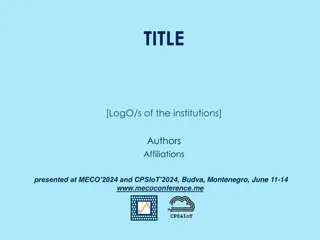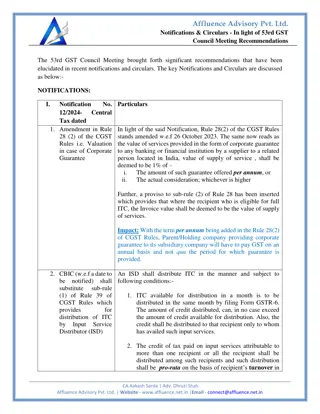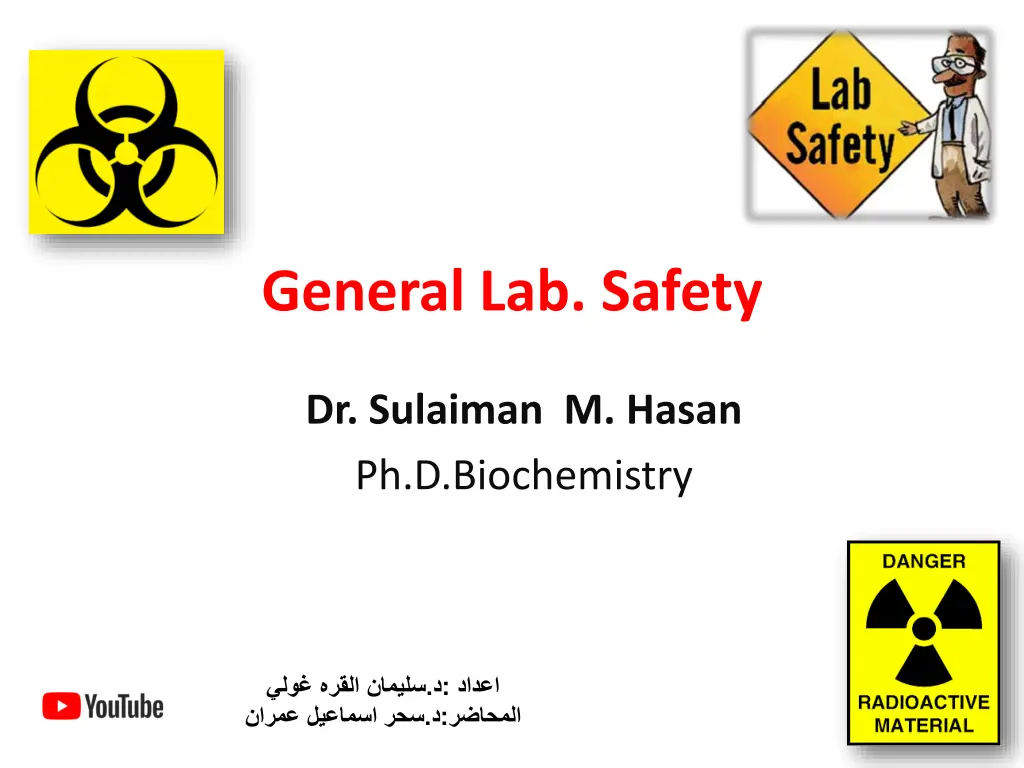
Biochemistry Laboratory Safety Guidelines
Learn about important safety rules and precautions to follow while working in a biochemistry laboratory to ensure a safe and efficient working environment. Topics include personal hygiene, handling of chemicals, use of protective equipment, and emergency procedures.
Download Presentation

Please find below an Image/Link to download the presentation.
The content on the website is provided AS IS for your information and personal use only. It may not be sold, licensed, or shared on other websites without obtaining consent from the author. If you encounter any issues during the download, it is possible that the publisher has removed the file from their server.
You are allowed to download the files provided on this website for personal or commercial use, subject to the condition that they are used lawfully. All files are the property of their respective owners.
The content on the website is provided AS IS for your information and personal use only. It may not be sold, licensed, or shared on other websites without obtaining consent from the author.
E N D
Presentation Transcript
General Lab. Safety Dr. Sulaiman M. Hasan Ph.D.Biochemistry : . : .
Rules for working in a biochemistry laboratory There are two major concerns to consider when working in a biochemistry laboratory. First is safety and the second is efficiency in the laboratory work. Although the latter very much depends on the individuals doing the experiments.
Introduction to the use of practical laboratory 1. Do not eat, drink and apply cosmetics while in the lab. 2. Never place any personal items on the floor and the countertops. 3. Disinfect your work area before lab starts and at lab s end. 4. Disinfect your work area if you make a spill. 5. Wash your hands before and at the end of the lab period. 6. Wash your hands if they become contaminated with blood or microbes. 7. Wash your hands when you remove your gloves.
Introduction to the use of practical laboratory 8. For whatever reason, always scrub your hands for a minimum of 24 seconds. 9. Keep hands, pencils, pens etc. out of your mouth. 10. Do not insert contact lenses in the lab. 11. Wear eye protection when heating chemicals of if you wear contact lenses. 12. Turn off Bunsen burners when not in use. They are a hazard and also a source of heat in the room. 13. Never pipette by mouth. 14. Wear disposable gloves while staining or handling microbes.
Special safety rules 1. The mouth of the glassware containing the solution to be heated should neverbepointedtowardanyone. 2. Handling of strong acids and bases requires special attention. When diluting concentrated acids, the acid should be poured into the water and nevertheopposite. 3. The pipettes should never be filled with solutions of toxic substances, biological fluids, strong acids and bases by mouth suction. Use either automaticpipettesorpipettepumps.
Special safety rules 4. Volatile liquids and solids that are toxic or irritating should be handled under fume hoods. 5. While handling flammable liquids such as ether, alcohols, benzene, naked flame (burners, matches) must not be in use. The above liquids must not be stored near radiating heat sources, such asthe laboratoryoven. 6. Before leaving the laboratory, electrical equipment should be turned off, and gas burners extinguished.No tap water should beleft running.
Rules to follow in the case of accidents and injuries 1. Chemical splatters into the eye, first the eyelid should be opened by using the thumb and the pointing finger, then, by using the eye wash kit, the eye should be rinsed with large amounts of water. When an acid or alkaline solution gets into eye, the eye should be rinsed with 1 % NaHCO3 or 1 % boric acid, respectively. The victim should be taken to the doctor as soonas possible. 2. Burning: the burned spot on the skin should not be treated with water; rather, a special bandage should be used. See doctor if necessary 3. Poisoning:prompt medical treatment should be obtained.








